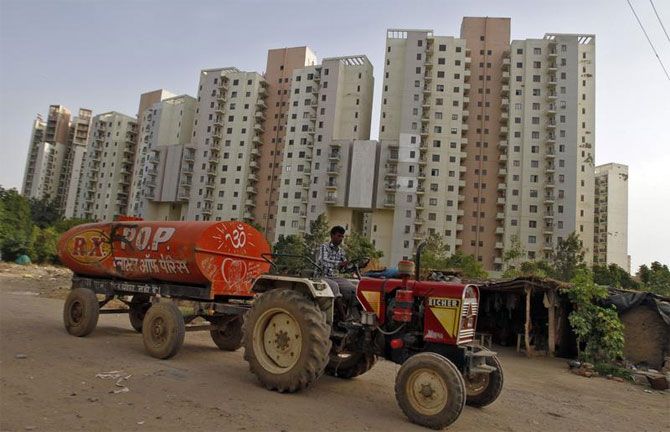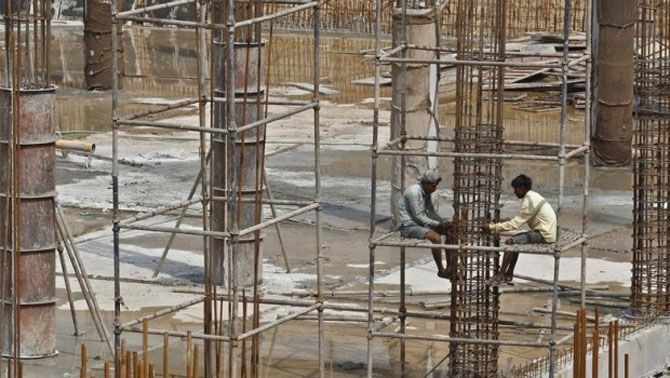Besides making property more expensive, these also affect the existing owners with higher taxes

Not so long ago, potential property buyers were being told prices were under pressure and there was likelihood of a correction. But then, the Maharashtra government increased the ready reckoner rates last week, with the highest rate being increased by 40 per cent. Builders are expected to take the cue and increase prices further. Delhi, saw a similar trend when the state government raised circle rates by 20 per cent across the areas in September last year.
What the government publishes in a ready reckoner (called circle rates in Delhi and guidance values in Karnataka) becomes the floor price. Neither will builders sell below this price and nor will buyers pay less. This is because the Income Tax Act says if a property is sold below the reference rates, the difference between the selling and ready reckoner price is considered a black money transaction.
For example, a person buys a flat at Rs 1 crore from a developer but the ready reckoner price comes to Rs 1.2 crore. The difference of Rs 20 lakh will be added to the income of the buyer and the developer’s business income. According to Parizad Sirwalla, partner, tax, KPMG in India, if the seller is an individual, he or she will need to pay capital gains tax on the differential amount.
“In a rising market, real estate prices move ahead of the ready reckoner rates. However, in a downward price market (as is prevalent today), this could be disastrous,” said Venkatesh Panchapagesan, professor at the Indian Institute of Management, Bangalore, and head of the real estate initiative at the institute.

The IIM conducted a study after the Delhi government increased circle rates by 20 per cent. “We found the government rates were higher than market prices in several localities (60 per cent of the sample areas),” said Panchapagesan. “Unlike Delhi and Mumbai, the reference rates in Bengaluru are still lower than the market value.”
Some experts believe that property prices could rise, though modestly, in Delhi and Mumbai. The input cost for developers also rises as the various fees builders pay to the government go up. Municipal corporations use the ready reckoner price to devise formulae for charging builders.
“If builders decide to hold existing margins, they have to revise rates upwards,” said Ashutosh Limaye, head, research and REIS, Jones Lang LaSalle.
When the prices are higher, the outgo for stamp duty and registration also increases for the end-user. “For a property costing Rs 1.5 crore (Rs 15 million), the average hike in stamp duty and registration cost will be higher by Rs 1 lakh. It can also be higher in some areas,” said Pankaj Kapoor, managing director, Liases Foras, a real estate consultancy.
The ready reckoner rates not only affect the buyer and seller but also the property owner. Municipal corporations calculate property tax on the basis of the rates published by the government. If these go up, consequently your property tax will also rise when a local body revises taxes.











